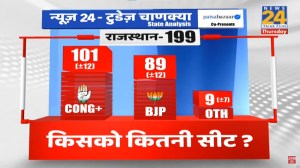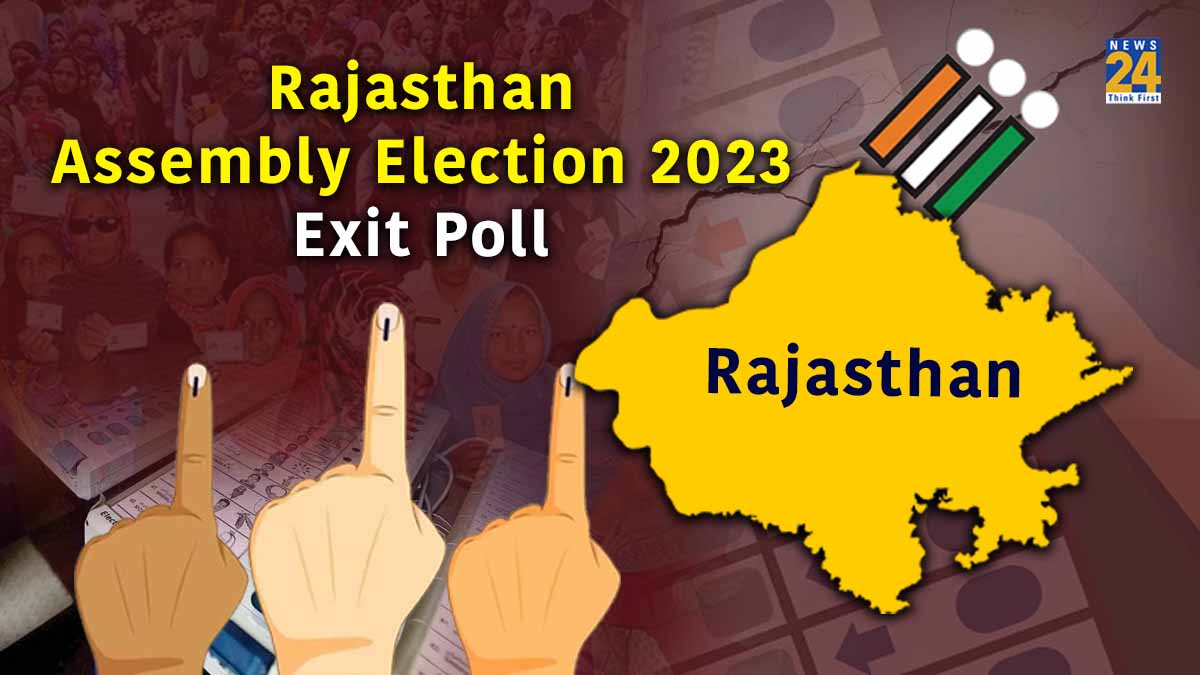As per early exit polls released on Thursday, the BJP appears to hold an advantage in Rajasthan’s electoral race. The Congress faces the challenging task of breaking the state’s long-standing anti-incumbency trend that has historically led to the ousting of the ruling party in the past three decades.
According to the India Today Axis My India, the Congress is anticipated to secure a range between 86 and 106 seats, while the BJP and its allies are projected to gather 80-100 seats. Times Now-ETG predictions that the BJP is expected to secure around 108-128 constituencies, while congress may be restricted to 56-72 seats.
Read More: Chhattisgarh Exit Polls 2023: Congress Seems To Bag Majority
The ongoing claim for victory continues between the ruling Congress and BJP in the state as both parties vigorously campaigned ahead of the elections. The final outcome of the elections will only be revealed after the vote counting on December 3, with the conclusive results expected by the evening of that day. Initial trends will start surfacing from the morning itself.

The impending question is whether the influence of PM Modi or Gehlot’s strategies will prevail during the vote count on December 3. The state witnessed a voter turnout of 75.45 percent this time, slightly higher than the 74.71 percent recorded in 2018. With a total of 5.2 crore voters, polling was conducted on 199 out of 200 seats, with one seat exempted due to the demise of a candidate. The tenure of the Ashok Gehlot government is scheduled to conclude on January 14, 2024. To form the government in the state, a minimum of 100 seats is required.
Assembly Elections 2018
In the 2018 elections, despite nearly equal vote shares, the Congress secured 100 seats, outpacing the BJP’s 73 seats. This marked a substantial victory, highlighting the enduring influence of the anti-incumbency factor. Previously, in 2013, the BJP had secured a massive 163 seats and 45% of the votes, underlining the party’s previous strength.
The significant dent of 90 seats for the BJP was taken up by its competitors in 2018. Although the Congress fell short of an individual majority, it formed the government with the support of Mayawati’s Bahujan Samaj Party, which secured six seats, paving the way for Ashok Gehlot’s tenure as Chief Minister.










